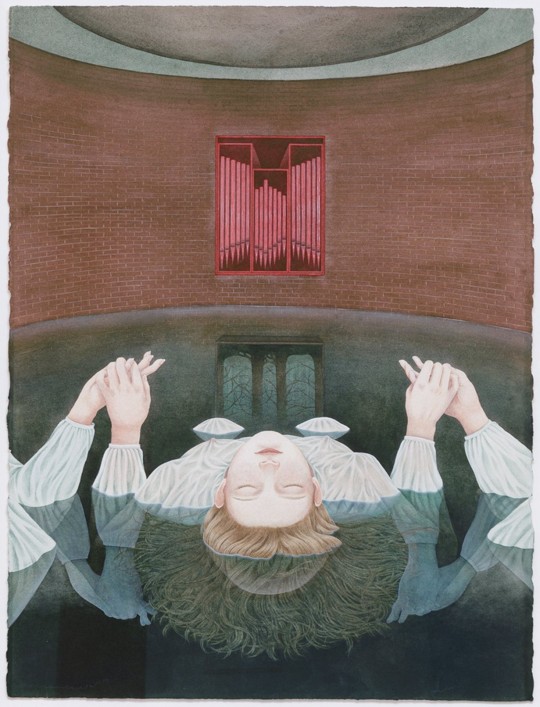infertilecrescent
15K posts
Don't wanna be here? Send us removal request.
Text

Oda Iselin Sønderland (Norwegian/Irish, 1996) - Hjertet (The Heart) (2023)
2K notes
·
View notes
Text
“Poetry is an instrument of the enlargement of consciousness.”
— Ariana Reines
25 notes
·
View notes
Photo

Joan Brown The Fan (Homage to Sai Babha), 1980 oil enamel on canvas 72 ¾ x 61 inches
3K notes
·
View notes
Text



The Family Game (Yoshimitsu Morita, 1983)
114 notes
·
View notes
Text
in general ppl tend to lack self-awareness and emotional intelligence so they think their emotions are at odd with their rationality. but our emotions tell us things that stoic reason cannot. emotions in general are not irrational, the feelings we have are, at their core, expressions of need.
sometimes we feel desperately sad when we’re alone. we might think of calling someone from our past who used to give us comfort. logic may indicate that this is not a good idea, but this impulse is a signal that your needs are not being met. loneliness is a rational response to your need for companionship being neglected.
the emotion driving you to drunk dial an ex, or something to that effect, is not some wild unreasonable thing. it’s the first step in the process of making a decision. you can follow the emotional wave and send a risky text or you can talk yourself out of it because you feel like the outcome is predictable and unfavorable. both are rational. both are logical. duh
7K notes
·
View notes
Text

Dominiq Fournal (Belgian, 1956-2024), Poseidonia, 2022. Acrylic on linen, 170 x 160 cm.
601 notes
·
View notes
Text
“I think I am probably in love with silence, that other world. And that I write, in some way, to negotiate seriously with it. If poems are records of true risks (attempts at change) taken by the soul of the speaker, then, as much as possible, my steps are towards silence. Silence which drowns us out, but also which ignores us, overrides us, silence, which is doubt, madness, fear, all that which makes the language bend and slip. I need to feel the places where the language fails, as much as one can. Silence which is awe or astonishment, the speech ripped out of you. All forms of death and mystery, therefore, working in each poem against the hurry of speech, the bravery of speech. And I think it is very important to feel the presence of that ocean in the poem, in the act of writing the poem. Its emissaries are the white space, of course, the full stops. But, also, all acts of grammar, which are its inroads. And the way the lines break, or slow. I’d like to think you can feel, by its accurate failures, the forces pressing against the sentence, the time order. And certain kinds of words, too, are messengers of silence. Not just vagueness and inaccuracy, but prepositions and conjunctions, for instance; and diction deliberately flattened to deaden pain. And certain sounds that deepen and slow the poem into sounds you can’t hear–all the long vowels in the sharp teeth of consonants. And echoes, and what is said by implication, by default … Because there is, of course, always the desire, the hope, that they are not two separate worlds, sound and silence, but that they become each other, that only our hearing fails.”
Jorie Graham, “Some Notes on Silence” in 19 New American Poets of the Golden Gate
185 notes
·
View notes
Text

Vogue Italia, October 2002.
Ph. Stephane Sednaoui
382 notes
·
View notes
Text
1K notes
·
View notes
Text
“So to talk about trees is to talk about our attachment to them. Our longing for them to be okay. To talk about trees then is also to talk about each other, the ways we are attached to what is living and how much we want it to go on doing just that for as long as possible. It is never only trees, but what binds us together, the trees, the roots, the eternal part of us that is both the seed and the tree.”
— Ada Limón, from Shelter: A Love Letter to Trees
2K notes
·
View notes










